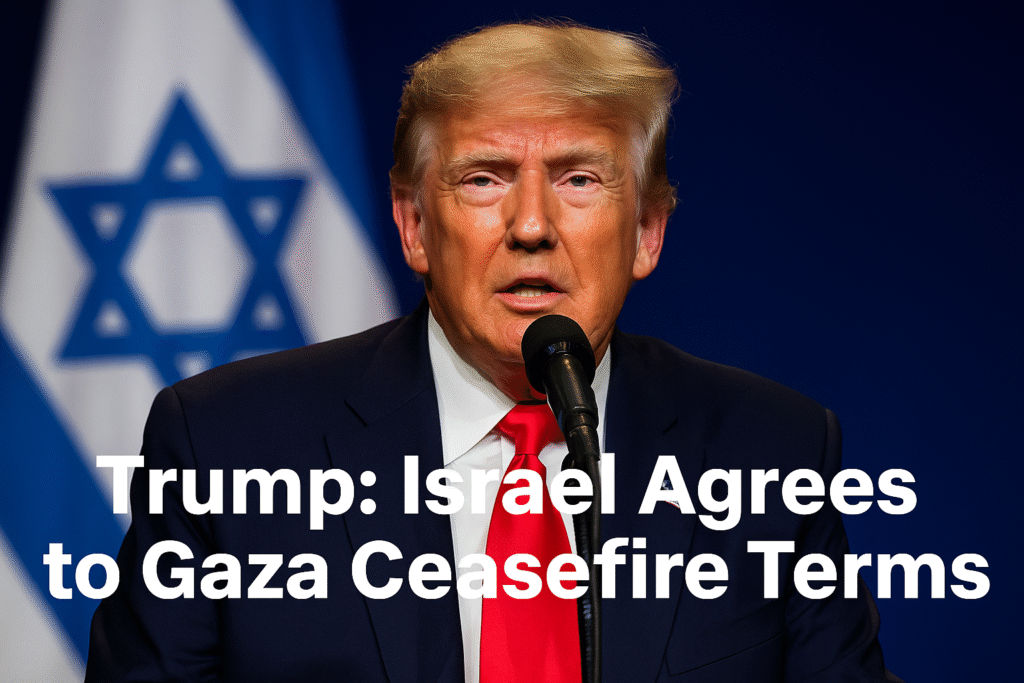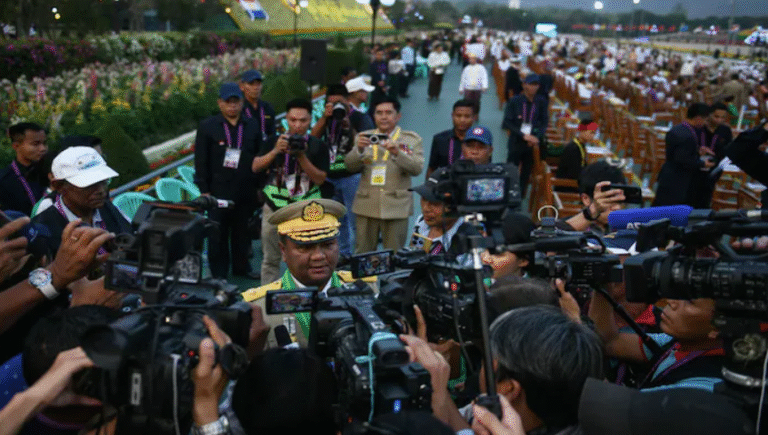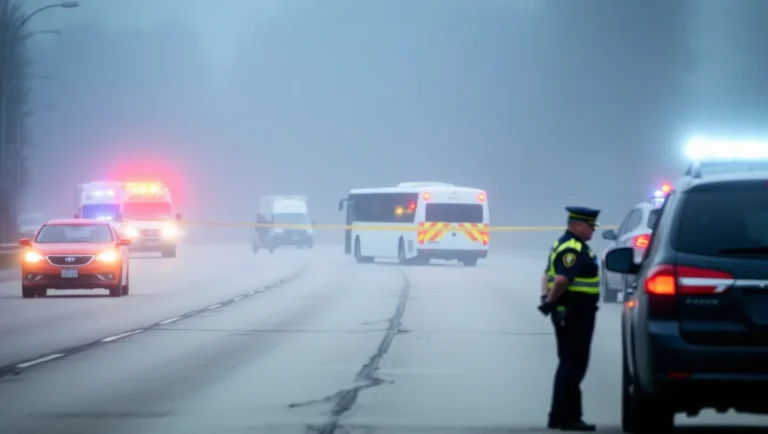
In a significant development that could potentially ease tensions in the conflict-ridden Gaza region, former U.S. President Donald Trump has announced that Israel has agreed to the proposed terms for a 60-day ceasefire with Hamas. While official confirmations from both parties remain pending, Trump expressed optimism, suggesting that peace negotiations are inching closer after more than 20 months of relentless violence.
Speaking to the media on Tuesday, Trump stated that Israel has shown willingness to adhere to the proposed ceasefire terms. He emphasized that Washington would actively engage with both Israel and Hamas during the proposed ceasefire period to explore avenues for achieving a long-term resolution to the conflict.
“We believe a temporary pause in hostilities can open the door for meaningful dialogue,” Trump said, underscoring the importance of halting violence to protect innocent civilian lives on both sides.
However, the road to peace remains complicated. While Israel appears to have tentatively accepted the framework laid out by the United States, Hamas has yet to formally respond. Trump warned the militant group that rejecting the ceasefire proposal could worsen its position both regionally and globally.
“This is a critical opportunity for Hamas to demonstrate a commitment to peace. Failure to do so would only prolong suffering and further isolate the group internationally,” he added.
The details of the ceasefire terms have not been made fully public, and it is still unclear what specific conditions Israel has agreed upon. Sources familiar with the talks hint that the ceasefire plan includes humanitarian corridors, release of hostages, and coordinated relief efforts — key points that international observers believe are necessary to ease the humanitarian crisis in Gaza.
Over the past two years, Gaza has endured devastating airstrikes and ground operations resulting in significant civilian casualties, displacement, and infrastructure damage. International human rights organizations have repeatedly called for both sides to prioritize peace talks and avoid further escalation.
The United States, under Trump’s continued diplomatic engagement, aims to serve as a mediator to facilitate constructive discussions between the warring sides. Regional analysts view this ceasefire proposal as one of the most serious attempts in recent months to broker peace, especially with mounting global pressure for an immediate end to hostilities.
While reactions from the international community have been cautiously hopeful, political experts stress the importance of ensuring all parties commit to the ceasefire in both letter and spirit.
As the world watches closely, the coming days will determine whether this fragile opening can be transformed into a sustainable path towards peace and stability in the region.


